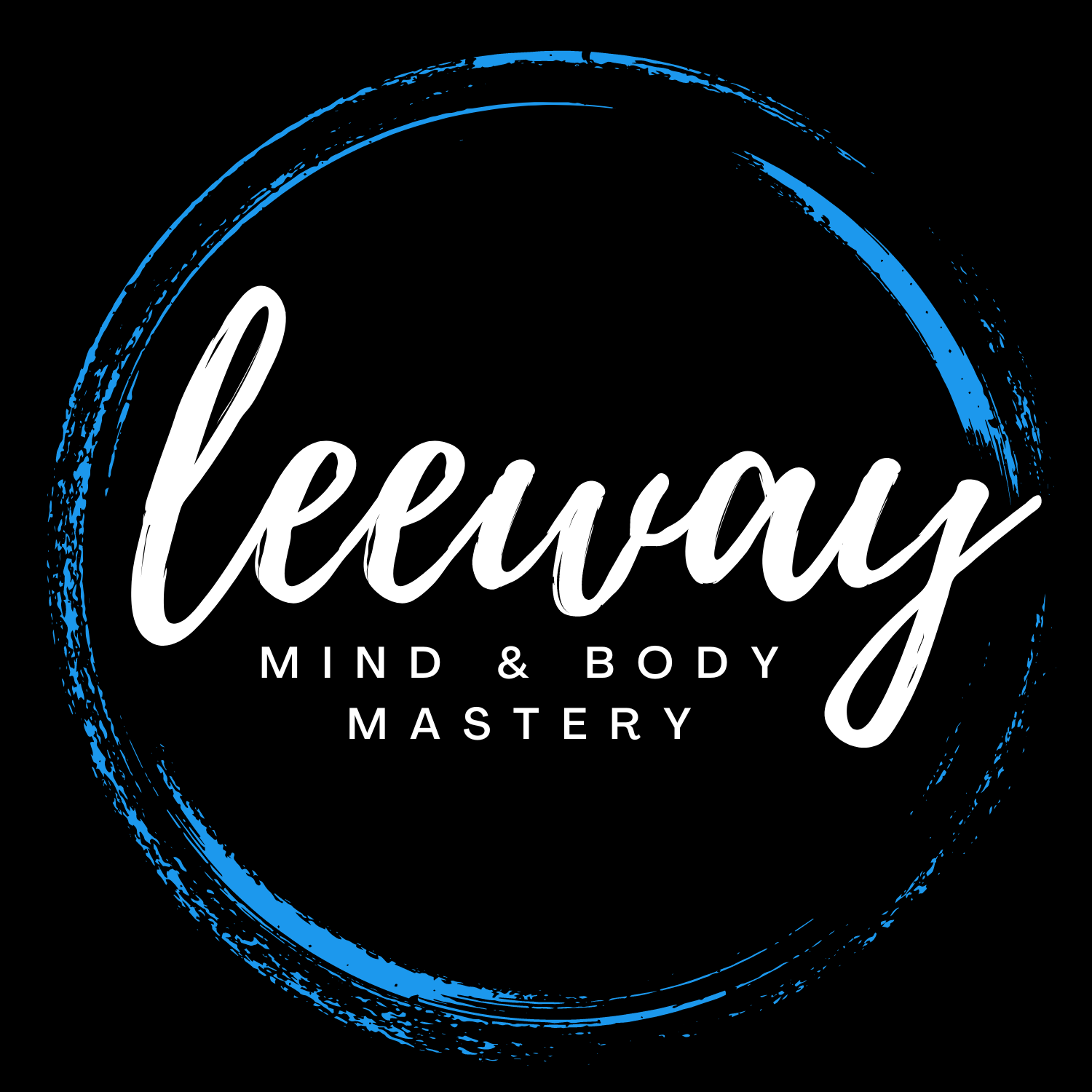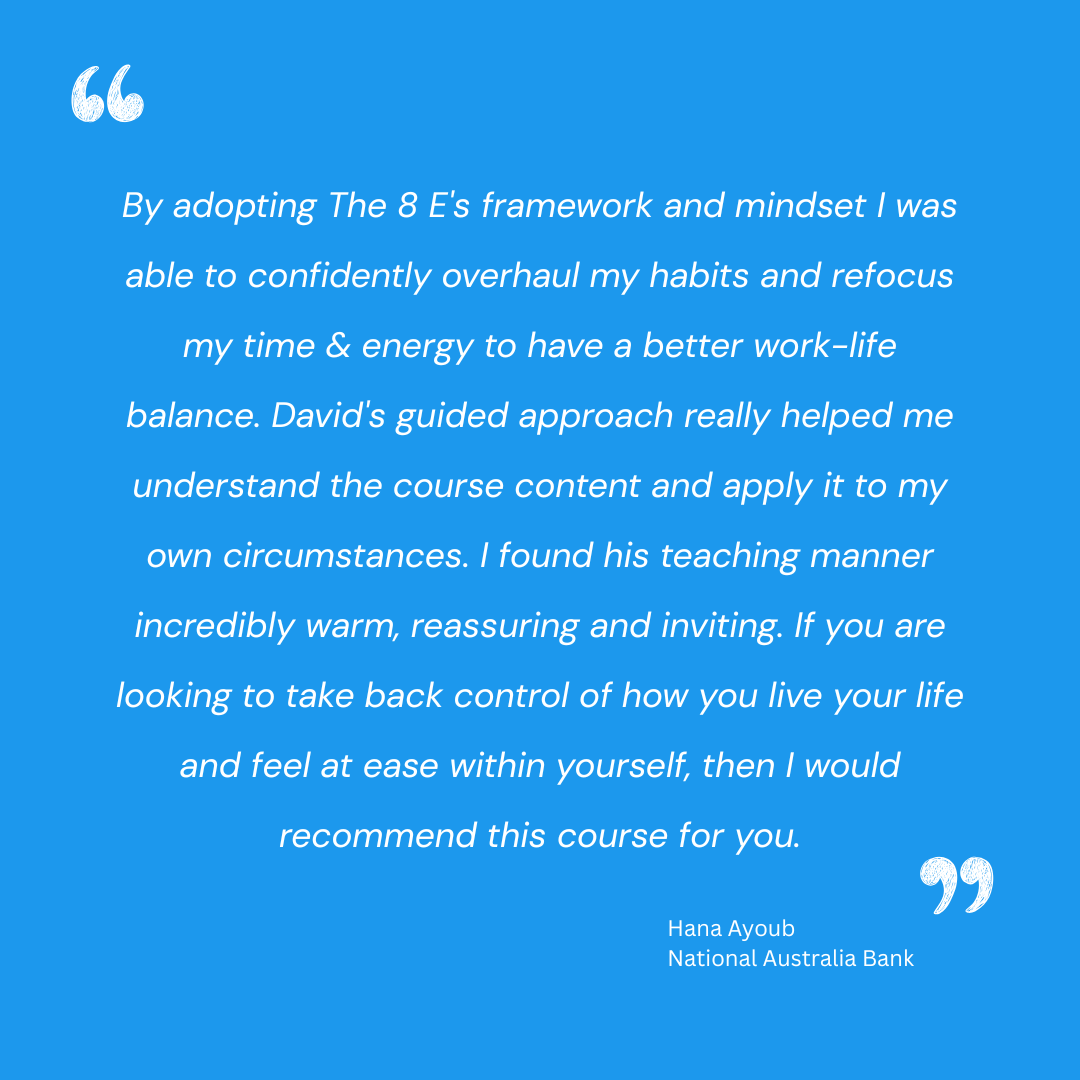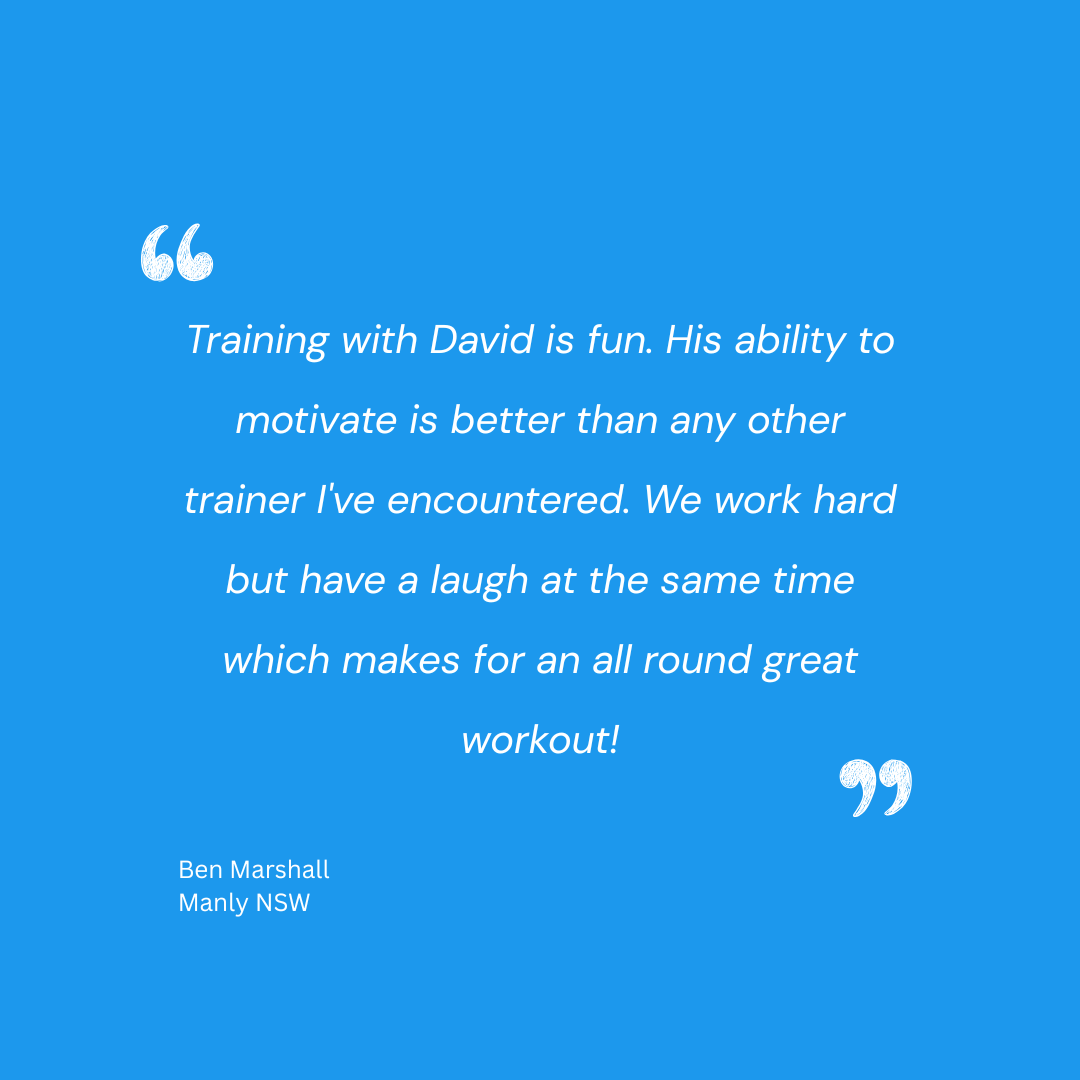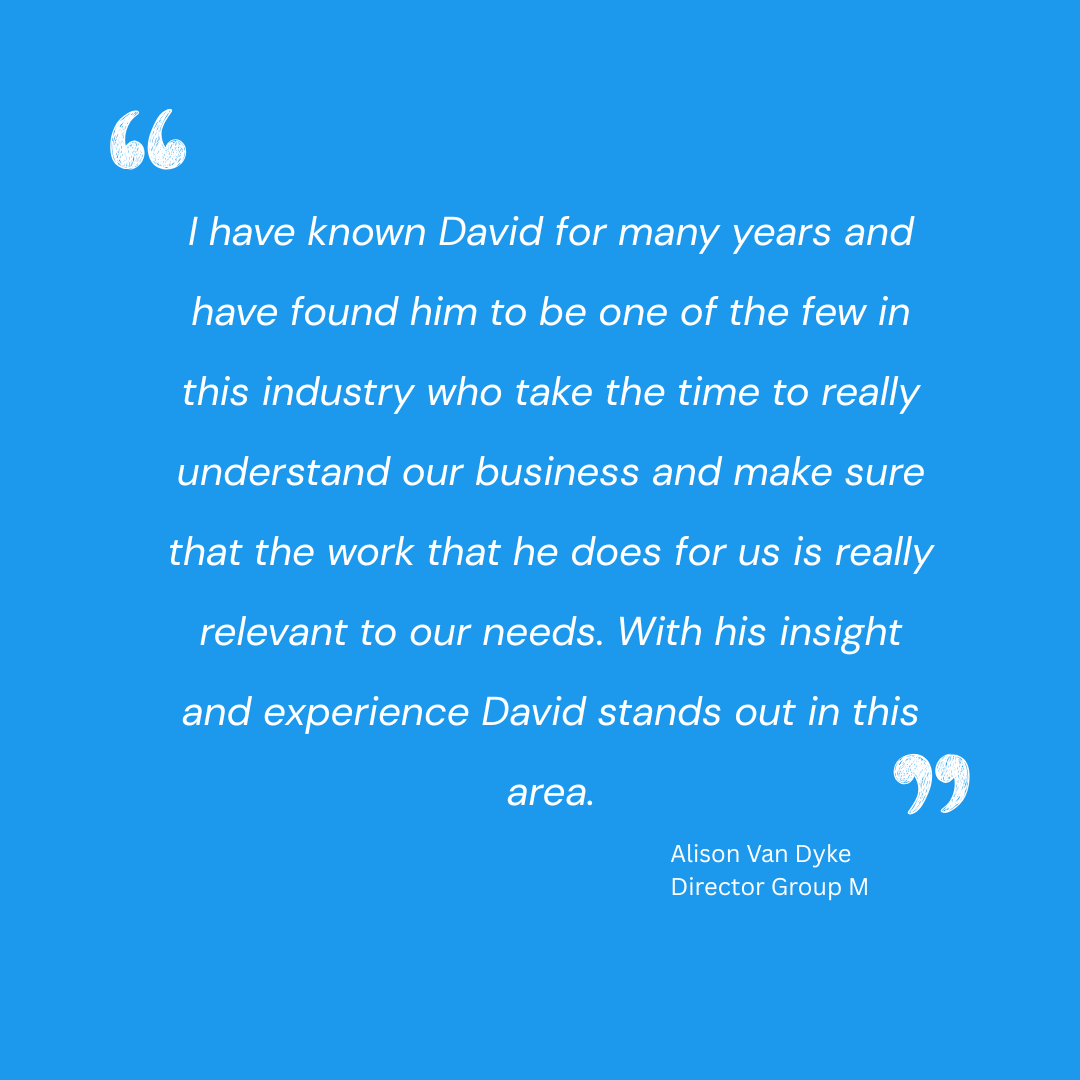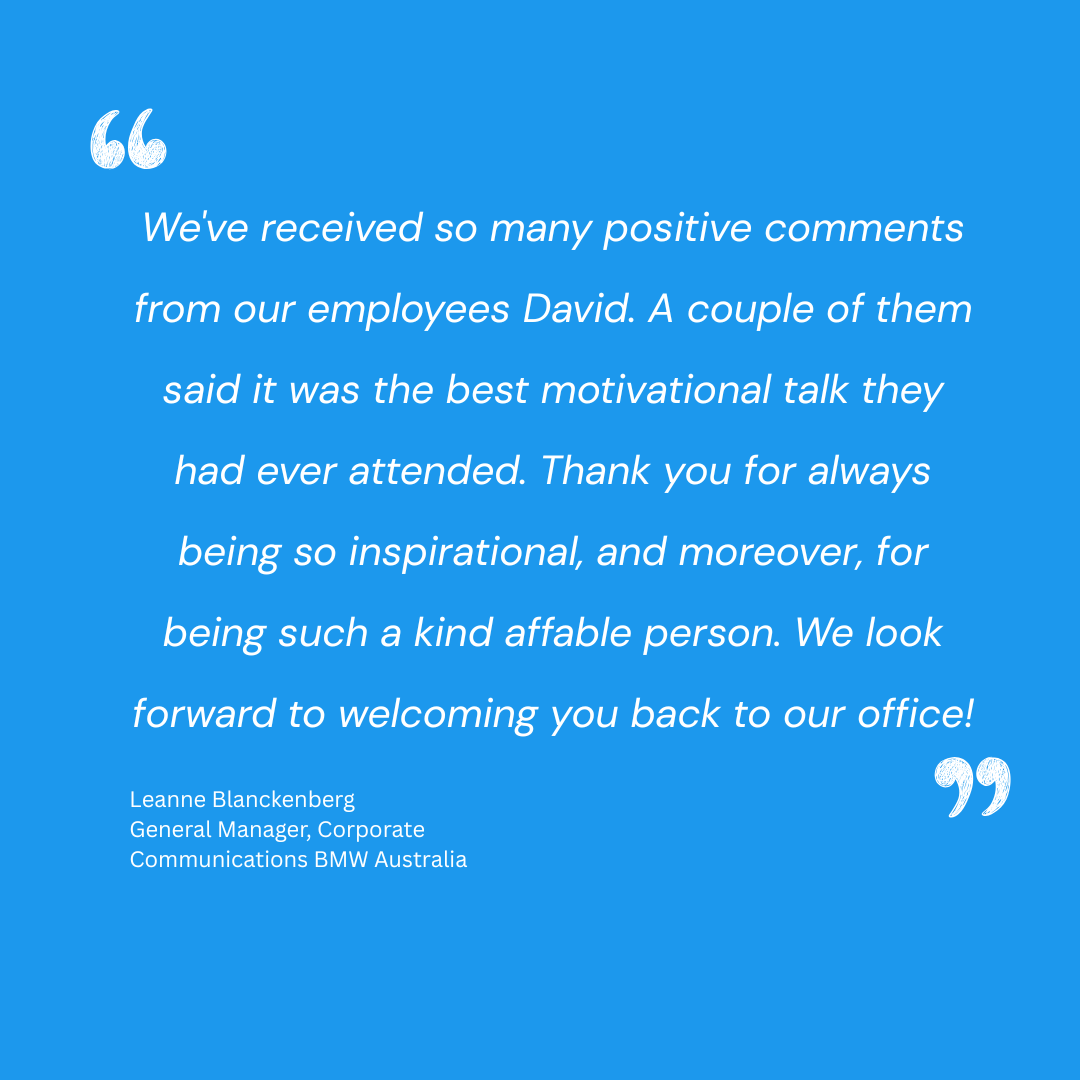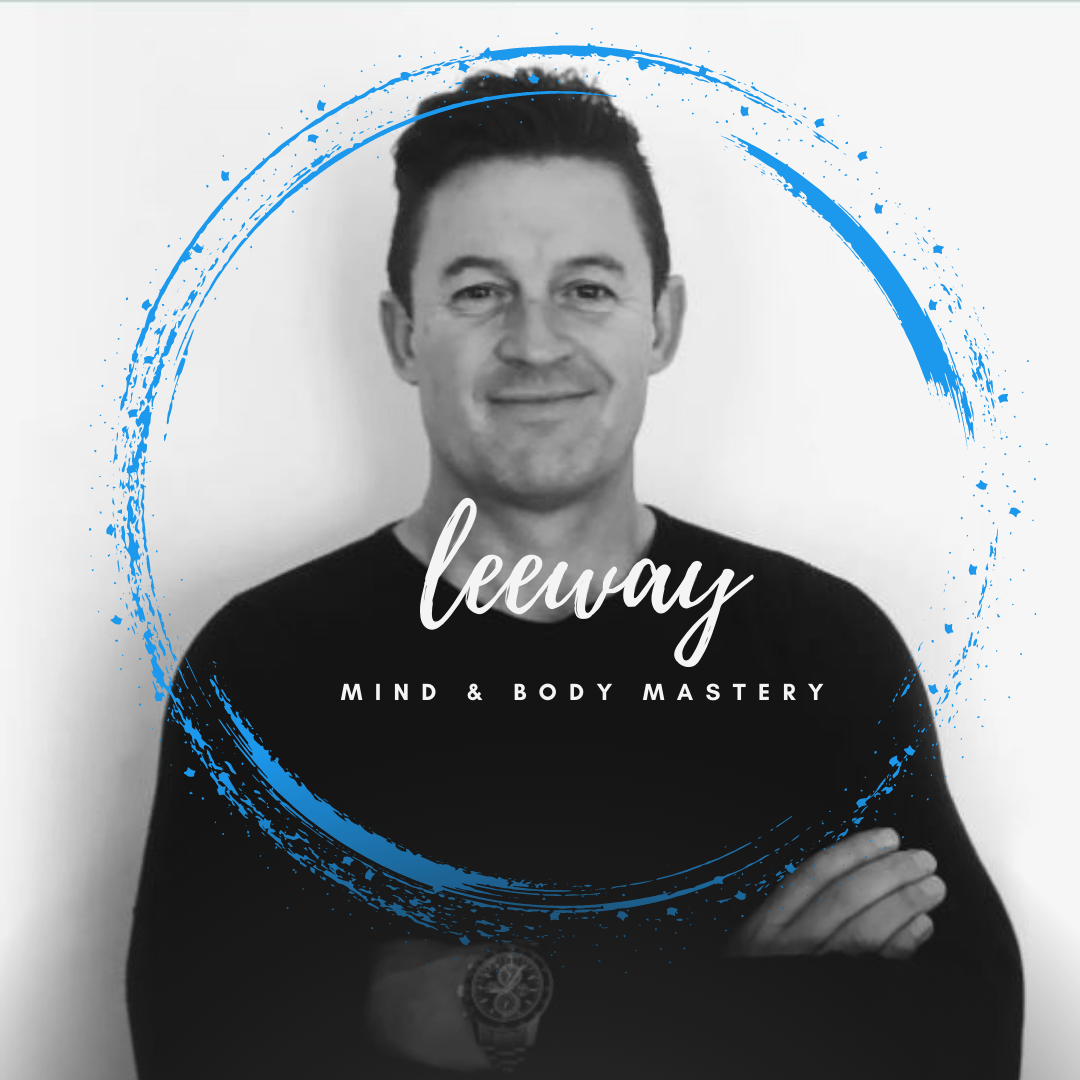Aren’t you over, Overthinking? I think you should think of these 9 ways to rid yourself of stinking thinking...
June 4, 2021
To think too much is a disease – Fyodor Dostoevsky Russian Novelist.
I often muse that the campfire was the original television for the caveman – yet a live fire as entertaining as it can be, is not as mindless as television viewing can be.
One of my favourite things to do, is to sit in front of a fireplace or campfire and get lost in the flickering flames of thought.
I’ve ‘fire dreamed’ many of the things that I have achieved over the years, and I keep an A5 ring bound journal with a red star on the cover to record these fire dreams in. The one requirement is that I have a 2-week deadline for taking action, or I tear out the idea… it is a great motivator for action and accountability.
You see thinking is great if it is followed by action. I feel that if I dwell too long on something then I need to stop dwelling 'on' it and start dealing 'with' it.
Don't dwell on it - Deal with it, is one of my mantras.
Curiously the one thing in life you have complete control over is your thoughts.
I witnessed a waitress scald herself in a café recently and immediately she put her arm under cold running water. She felt the pain and immediately applied her known remedy. We experience mind pain and rather than apply known remedies, one of which is to change the channel, we continue to watch the bad movie play out.
The thing I have found about thinking that has a downside, is over thinking and stinking thinking.
Over thinking is the plight of the perfectionist and stinking thinking, that of the masochist.
The problem for perfectionists is that nothing is ever perfect, so in overthinking they never commit to, or finish the task at hand. The problem for masochists is that stinking thinking keeps them in the status quo – which seems to suit them.
Cicero said 'Indecision is the thief of opportunity'
The best way I know of managing thinking to be beneficial, is to dedicate time to deep thought and contemplation – The benefits of allocated thinking time is that you find your outcome and have eureka moments, rather than carrying thoughts around with you or losing sleep over them.
It was once explained to me, that sitting and thinking for ½ an hour at a time, is like a bucket of muddy water that eventually settles and all the ‘silt’ sinks to the bottom, with clear water revival…
If you are the type of person who finds it difficult to sit still for ½ an hour without distractions and just allow your thoughts to gather, then a ½ hour walk or run can have the same benefit – I often wonder whether I am getting an endorphin rush from a ½ hour run, or is it the joys of clarity that I am experiencing after 30 minutes of uninterrupted thought (I don’t run with headphones)
So, without any further thought... here are 9 thought processes for consideration.
1. Change the Channel -
Your thinking should serve, support, nurture and sustain you, if it does not then change your thoughts with these objectives in mind. Nothing is either good or bad but thinking makes it so
2. Set a daily alarm for productive thinking
– I set an alarm for 3pm every day, to think about the things that may keep me awake at 3 o’clock in the morning – the worrying things I can do nothing about at that time. On most days these days, I find that when my 3pm alarm goes off, I have nothing to worry about and just keep getting on with my day 😊.
3. Check yourself before you wreck yourself -
When anxious thoughts creep in about the future, ask yourself, ‘what is the worst thing that could possibly go wrong?’ And then do everything in your power to avoid this ‘thing’ happening.
4. Be kind to yourself - Positive self-mind talk is great - don’t allow the voice in your head to speak to you in any way you would not allow another person to speak to you – your thoughts become your words, your words become your actions, your actions become your destiny – so speak well to you and your future self.
5. Practice mindfulness –
all you have is this moment and all you can influence right now is this moment – focus on this idea today and every day from now on and played right, you will naturally create a great future and naturally leave a great past.
6. Think on paper –
Journal! Write your aspirations and commitments down and read them often – once they are down on paper, they are out of your head and into the first stages of action.
7. Write lists
– lists act as great reminders and allow for greater mind space to think on your feet in daily life. To do lists, shopping lists, repair lists
8. Meditate –
clear out that mental closet. People who say they tried meditation once or twice but could not? Did you ever hear of someone going to the gym twice and quitting because they didn’t get fit? Even if your thoughts wander during mediation, be curious as to where they wander. Then do something positive towards those thoughts afterwards.
9. Don’t overthink things –
As much as Plato said ‘thinking is the talking of the soul with itself’, you would be concerned about yourself if you walked around talking out loud to yourself all day long… be aware of the time you commit to ‘thinking on things’
set a timer for thinking - Don’t think on a thing for longer than 20 or 30 minutes – more than this and this is where stinking thinking thrives.
Then there are those of us of course, who try to avoid thinking altogether with distractions such as television, social media, gossip, and addictive vices - all escape tools for productive pensiveness.
I am reminded of a Simpson’s episode where Lisa Simpson walks into the family lounge room, turns off the television and the radio and exclaims “People of Springfield, we have an announcement to make!”
Homer replies “Well turn something on, I’m starting to think!”
Unless a capacity for thinking be accompanied by a capacity for action, a superior mind exists in torture.
Benedetto Croce
Think well.
DL
Don’t keep this to yourself. Spread the word.

"How you wake up each day and your morning routine (or lack thereof) dramatically affects your levels of success in every single area of your life. Focused, productive, successful mornings generate focused, productive, successful days— which inevitably create a successful life." Hal Elrod (Author of The Miracle Morning )

"By three methods we may learn wisdom: First, by reflection, which is noblest; Second, by imitation, which is easiest; and third by experience, which is the bitterest." CONFUCIOUS In their book Ikigai: The Japanese Secret to a Long and Happy Life, Hector García and Francesc Miralles write that there is no word in Japanese that means to retire in the sense of leaving the workforce for good. The Oxford Dictionary defines ikigai as “a motivating force; something or someone that gives a person a sense of purpose or a reason for living”. In researching their book, García and Miralles spent time in the village of Ogimi on the Japanese island of Okinawa. Ogimi is known as the village of longevity. Its 3000 inhabitants enjoy the highest life expectancy in the world. In Japanese culture, retiring and not keeping mind and body busy is considered bad for your health since it disconnects your soul from your ikigai. Being of service to the village by continuing to be involved in community life or continuing to work is felt to be a key ingredient to longevity. In the book, 92-year-old resident Akira says: “Every day I wake up and go to the fields to grow tomatoes. Later I walk to the grocery store next to the beach and sell them. In the afternoon I go to the community center and prepare green tea for all my family and friends.” These Japanese people keep doing what they love and what they are good at even after they have left the office for the last time. The French, of course, have a similar expression—“raison d’être”—which the Oxford Dictionary defines as “the most important reason for somebody’s/something’s existence”. The more time I spend with spritely elderly people, the more I find they are still involved in their community as volunteers or working the job they loved before they “retired”. Like many of the lessons older people have taught me, we shouldn’t wait until we’re retired to adopt their happiness-inducing and youth-preserving behaviours. The definition of what makes people happy varies greatly, however in his book From Strength to Strength: Finding Success, Happiness, and Deep Purpose in the Second Half of Life, Arthur C. Brooks believes that the three major ingredients of happiness are enjoyment, satisfaction, and purpose. The satisfaction and enjoyment I receive from encouraging people to be better than they believe they are, and to press on in times of hardship, provides a real sense of meaning and purpose in my life. The Dalai Lama, when asked what surprised him most about humanity, replied: “Man. Because he sacrifices his health in order to make money. Then he sacrifices money to recuperate his health. And then he is so anxious about the future that he does not enjoy the present; the result being that he does not live in the present or the future; he lives as if he is never going to die, and then dies having never really lived.” I’ve coached many people who spent the first half of their lives chasing wealth and are now spending the second half of their lives chasing back their health. I’ve been coaching many more people lately who aren’t concerned about the health they have lost. They fear being cast aside and replaced by much younger yet inexperienced people, threatening the wealth they created while they adopted a “health is your wealth” mentality. Those deciding my client’s fates are themselves, in most cases, much younger than these seasoned campaigners. The dirtiest secret I keep for one of my good friends is his age. He invited me to his 40th, which was really his 50th and the younger folks were none the wiser. The best kept secret of my healthiest clients is also their age. I used to say the payoff of fitness is vanity. These days I say it is sanity. The peace of mind my fit "old" friends have is that they look younger than their age, because they look after themselves. In searching for ideas to support how I wanted to describe the collective suffering people have struggled with in the past yet are now enjoying equality and opportunities provided for them after many generations of struggle, ChatGPT served up the following. "Diversity refers to the presence of differences within a given setting. These differences can include various dimensions such as race, ethnicity, gender, age, sexual orientation, socioeconomic status, physical abilities, religious beliefs, political beliefs, and other ideologies." Unprompted, I was then offered, “In a broader sense, diversity encompasses the unique characteristics and perspectives that individuals bring to a group, organization, or society, enriching the collective experience and fostering a more inclusive environment.” I was invited to pitch for a consulting role with a global organisation 10 years ago and the friend who had organised the meeting warned me of the CEO’s bias toward younger people. Within 10 minutes of our meeting, the CEO was challenging the energy levels and enthusiasm of more experienced people as he called them, versus that of 20–30-year-olds. At this point, with the benefit of the heads up, I pulled out my phone and showed him a video to illustrate my point in age versus experience I went on to suggest that the challenge for the 3 standout players in this video was to teach the energetically enthused players how to do what they could do, while they were on the job, not in handover notes that will never be read.. I got the gig. I do think that ageism is the last blatant discrimination in the workplace and needs to be addressed by those with much more clout than my keyboard and contacts can achieve. The brave new world aside, Dame Carol Black from the Centre for Ageing Better brilliantly pointed out “Ageism compounds all other “isms”. Ageism and sexism; ageism and racism etc” A final word to the “whys” of those considering losing experience from their workforce is best left to Carole Eastern CEO of Ageing Better; “Ageism is prejudice against our future selves” The challenge for any generation is to assimilate with people of all ages. Most of the best advice I received in the workforce was bestowed upon me by older colleagues in a social setting for the cost of a steak and a wine, and most of the advice I have dispensed to younger colleagues has been dispensed the same way. Curiously, when I joined the workforce, the biggest shortcoming that was ever levelled at me was my lack of experience.. Age well. DL “The young have bad manners, contempt for authority, disrespect for their elders and a love for chatter instead of exercise. Children began to become the tyrants of their households ……. They no longer rise for their elders ….” Socrates
